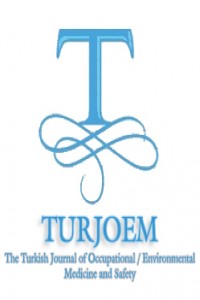Abstract
Plants have
formed the basis of traditional medicine systems that have been in existence
for thousands of years and continue to provide mankind with new remedies.
Herbal medicines are used by an estimated 80% of the world’s population. The
term “herbal product” is generally used in the broader sense of the word as it
would include herbal drugs/extracts and phytochemicals. They are readily
available at a variety of stores including supermarkets, pharmacies and health
food stores, as well as through online sites depend on their licensing
standards. Due to the large number of herbal product users and the ease of access
to those products, it is likely that a significant percentage of individuals
who undergo medicolegal autopsies have ingested these substances in the days
prior to death. The most common problems about these products are the risk of
contamination, adulteration, toxicity and standardization of dose and accuracy
of labeling and advertising. Direct intoxications related with these products
as well as adverse effects due to drug interactions are also observed recently.
There is a need about serious regulations and practice on manufacturing,
licensing, sale and supervision of the herbal products offered to the market.
On the other hand, herbal products or natural compounds can be used for the
criminal purpose in some cases and this should be kept in mind during the
investigation of the forensic cases and multidisciplinary investigations such
as botanical, pharmacognostical, pharmacological, toxicological and biochemical
are needed for the complete interpretation of the legal issues about herbal
products.
References
- Ayşe Kuruüzüm-UZ, Ü. Şebnem HARPUT, Merve YÜZBAŞIOĞLU, Yasin GENÇ
- Hacettepe University, Faculty of Pharmacy, Department of Pharmacognosy, 06100 Ankara, TURKEY
Abstract
References
- Ayşe Kuruüzüm-UZ, Ü. Şebnem HARPUT, Merve YÜZBAŞIOĞLU, Yasin GENÇ
- Hacettepe University, Faculty of Pharmacy, Department of Pharmacognosy, 06100 Ankara, TURKEY
Details
| Journal Section | Articles |
|---|---|
| Authors | |
| Publication Date | February 16, 2017 |
| Published in Issue | Year 2017 Volume: Volume 2 Issue: İssue 1 (1) - 2.İnternational Congress Of Forensic Toxicology |


